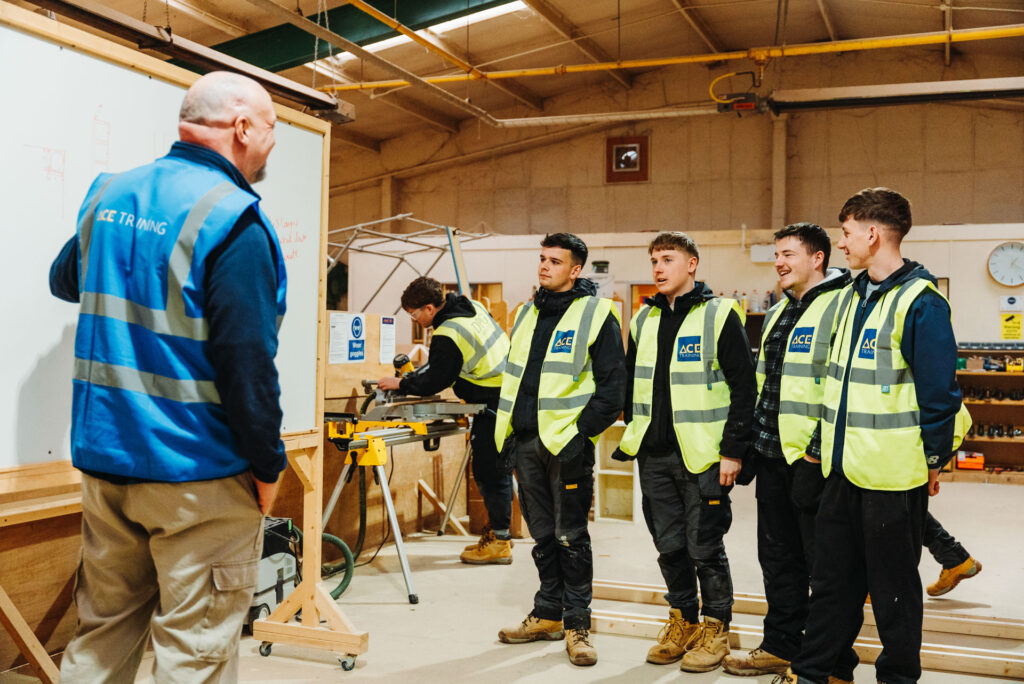As teens navigate the roller-coaster of a journey from adolescence to adulthood, they face a countless number of opportunities and challenges on their path to personal and professional growth. In today’s dynamic and competitive world, possessing transferable skills (or soft skills) – the versatile abilities that can be applied across different contexts and industries- is essential for success. Whether pursuing higher education, or entering the workforce, teenagers can hugely benefit from developing and practising these essential skills early on. We have identified seven specific areas that teenagers should look to cultivate transferable skills to unlock their full potential:
1. Identify Your Strengths and Interests:
Before embarking on your skill-building journey, take some time to reflect on your strengths, interests, and passions. What areas do you excel in? What activities do you enjoy? Identifying your natural talents and areas of interest will help you focus your efforts on developing skills that align with your goals and aspirations.
2. Cultivate Strong Communication Skills:
Good communication skills are beneficial in any area in life. Practicing articulating your ideas clearly and confidently, both verbally and written, is vital to personal development and helps build confidence. Sharpen your listening skills by paying attention to others, and seeking to understand their perspectives, ask detailed and relevant questions in return, to build a two-way conversation. Whether it’s presenting in front of a group (very few relish this idea!), writing an email, or participating in a discussion, strong communication skills will set you apart from others. Today we communicate via so many different platforms on a daily basis – from TikTok and snaps, to discussions with tutors in class, and informal chats with friends and family. Have a think on what is your preferred method of communication and what can you do to take it to the next level?
3. Practise Critical Thinking and Problem-Solving Abilities:
In today’s complex and fast-paced world, the ability to think critically and solve problems logically and creatively is invaluable. Challenge yourself to analyse information critically, evaluate various perspectives, and generate innovative solutions to problems. Think outside the box!
TOP TIP – Engage in activities that stimulate your mind, such as puzzles, debates, games, or coding projects. These will help sharpen your problem-solving skills and help learn to adapt quickly in certain situations.
4. Embrace Collaboration and Teamwork:
Collaboration and teamwork are essential skills in almost every aspect of life, from the classroom and clubs, to home life and the workplace. Learn to work effectively with others, respect diverse viewpoints, and contribute positively to group dynamics. Participating in team sports, group projects, or volunteer activities can provide valuable opportunities to develop your collaborative skills and build relationships. Consider when you are part of a group, what aspects you enjoy and how you like to contribute?
5. Foster Adaptability and Resilience:
The ability to adapt to change and bounce back from setbacks is crucial in today’s rapidly evolving world. Cultivate a ‘growth mind set’ by openly embracing challenges as opportunities for learning and growth. Be open to new experiences, take calculated risks, and learn from failure and disappointment. Developing resilience will not only help you navigate life’s ups and downs but also build confidence and self-belief.
6. Pursue Continuous Learning and Self-Improvement:
Learning doesn’t end when you leave education—it’s a lifelong journey! Cultivate a passion for learning by seeking out new experiences, exploring diverse interests, and acquiring new knowledge and skills. Whether through formal education, online courses, or self-directed study, make a commitment to continuous learning and self-improvement.
Top Tip is to do something every day that scares you a little and pushes you outside your comfort zone! It may not be easy to start with, but the more you practise this the easier it becomes!
7. Seek Mentorship and Guidance:
Don’t be afraid to seek guidance and mentorship from experienced individuals who can offer insights, advice, and support along your journey. Mentors can provide valuable feedback, share their wisdom and experience, and help you navigate challenges and opportunities. Look into mentor programmes, networking opportunities, and fully utilise relationships with teachers, coaches, or colleagues in your field of interest. Surrounding yourself by the right people will always add to your personal development.
In summary, developing transferable skills is vital for teenagers as essential preparation for life. By identifying your strengths, cultivating skills, and embracing a growth mind set, teenagers can empower themselves to thrive in an ever-changing world. With dedication, perseverance, and a commitment to personal and professional development, the possibilities are limitless.

